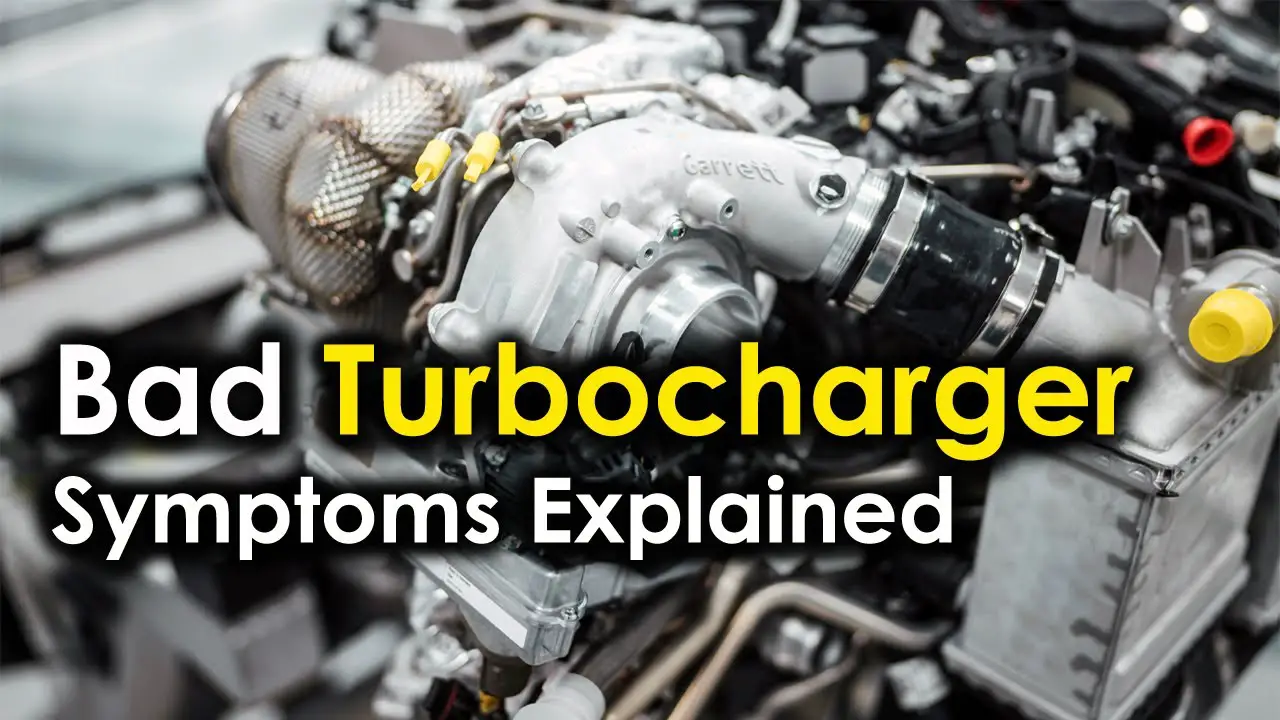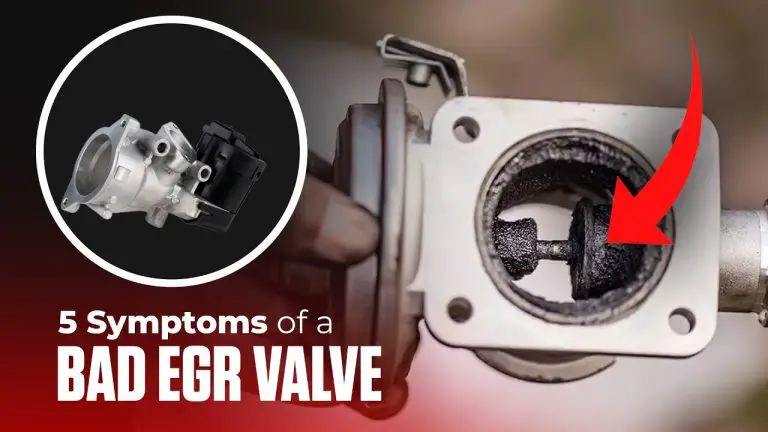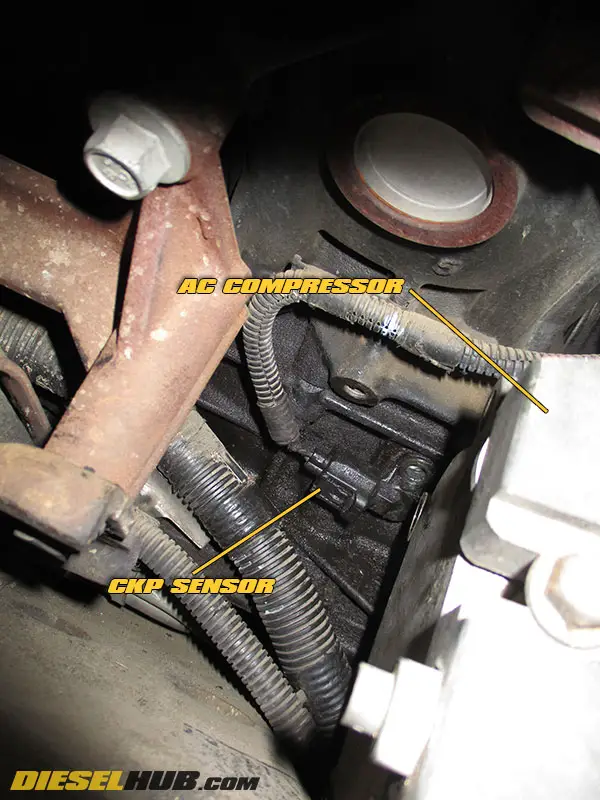Symptoms of a Bad Turbocharger
If you drive a vehicle equipped with a turbocharger, you’re likely familiar with the incredible power and efficiency it can provide. However, like any mechanical component, turbochargers can experience issues over time. Recognizing the symptoms of a bad turbocharger is crucial in order to address the problem before it leads to more extensive and costly damage.

Credit: www.carparts.com
What is a Turbocharger?
A turbocharger is a device that increases the efficiency and power output of an internal combustion engine by forcing extra compressed air into the combustion chamber. This allows the engine to burn more fuel and produce more power. However, if a turbocharger is not functioning properly, it can have a significant impact on the performance of your vehicle.
Common Symptoms of a Bad Turbocharger
Here are some common symptoms that may indicate a problem with your turbocharger:
| Symptom | Description |
|---|---|
| Loss of Power | If you notice a significant decrease in power and acceleration, it could be a sign that your turbocharger is not functioning properly. |
| Excessive Exhaust Smoke | Blue or black smoke coming from the exhaust can indicate an issue with the turbocharger, such as oil leaking into the exhaust system. |
| Loud Whining Noise | A whining noise that increases with engine speed could be a sign of a failing or damaged turbocharger. |
| Increased Oil Consumption | If your vehicle is suddenly consuming more oil than usual, it may be a result of a leaking or damaged turbocharger. |
| Check Engine Light | If the check engine light is illuminated on your dashboard, it could be a result of a fault in the turbocharging system. |
What to Do If You Suspect a Faulty Turbocharger
If you notice any of the aforementioned symptoms, it’s crucial to address the issue promptly to prevent further damage to your vehicle. Here’s what you should do:
- Diagnostic Check: Take your vehicle to a qualified mechanic or dealership to perform a diagnostic check on the turbocharging system. They can use specialized tools and equipment to identify the specific problem.
- Address the Issue: Depending on the diagnosis, the turbocharger may need to be repaired or replaced. It’s important to follow the recommendations of the mechanic to ensure the proper functioning of the turbocharger.
- Regular Maintenance: To prevent future turbocharger issues, it’s essential to adhere to regular maintenance schedules and use high-quality engine oil to prevent sludge buildup and maintain proper lubrication.
Frequently Asked Questions Of Symptoms Of A Bad Turbocharger
What Are The Common Symptoms Of A Bad Turbocharger?
Turbo lag, excessive smoke, loss of power, and unusual engine noises are common signs.
How Do I Know If My Turbocharger Is Failing?
Look for warning lights, decreased acceleration, and increased oil consumption as potential signs.
Can A Bad Turbocharger Cause Engine Damage?
Yes, a bad turbocharger can lead to engine damage if not addressed promptly.
What Should I Do If I Suspect A Bad Turbocharger?
Get the vehicle inspected by a professional mechanic to diagnose and address any turbocharger issues.
Conclusion
Being aware of the symptoms of a bad turbocharger and taking prompt action can help you avoid major engine problems and costly repairs down the road. If you suspect that your vehicle’s turbocharger is not functioning as it should, don’t hesitate to seek professional assistance to address the issue.
Remember, regular maintenance and attentive driving can help extend the life of your turbocharger and keep your vehicle performing at its best.



